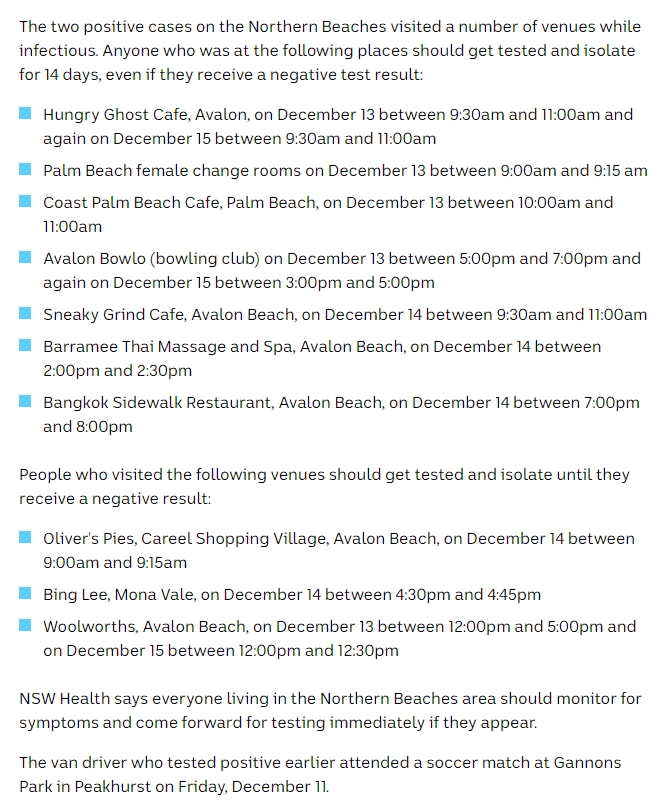Currently, the Isle of Man Government is in the practice of publicising new coronavirus cases on the Isle of Man. This information seems to spark a sadly predictable response: some people respond in a hysterical manner, some people accuse the government of spreading lies, and some people complain that it just causes hysteria (this last group are right!).
Very few people reading the Isle of Man Government announcement, however, can actually apply the information in a useful manner. There’s nothing that the vast majority of Manx people reading such an announcement can do with the news. In effect, it is just noise, and it generates noise, but without much of a way to use the information in our daily lives.
Last month, under somewhat mysterious circumstances, the disease was apparently transmitted between various people who were said to be self-isolating. Instead of providing useful information to the community, the Government got into an idiotic and legalistic argument claiming that it was not community transmission, but rather, merely on-island transmission. To be frank, I don’t really care what the lawyers or statisticians call it – I care about what I can do to keep myself and my loved ones safe. I imagine that I am not alone.
What do the experts suggest?
The OECD has published extensive guidance for nations to follow with public communications. In particular, they have said:
“Around the world, governments are leveraging public communication to counteract disinformation and support policy. The efficacy of these actions will depend on grounding them in open government principles, chiefly transparency, to build trust in public institutions.”
Transparency, communication and trust : The role of public communication in responding to the wave of disinformation about the new Coronavirus
Transparency is essential to rebuilding public trust, especially in a year when so many public health “experts” have destroyed their credibility in the eyes of many.
There is another way

The IOM Government’s secretive policy around coronavirus cases on the island is not the only option. There is an alternative, and the IOM Government’s policy is different to the information that is published in other island nations which have been far more effective at combatting coronavirus than the Isle of Man, such as in Australia and New Zealand. Rather than just publishing regional numbers, they publish actually useful information so that people can more accurately judge their own risks.
This sort of information is good because it allows people to more accurately judge their own risk. Most importantly, it is actionable. The public can use such information to choose different behaviours. It may cause someone to be more alert to possible symptoms: someone who might have previously dismissed a coronavirus-cough as just being a passing bug might be more likely to get tested. Such increased and targeted awareness may simultaneously reduce the hysteria of some people, because they would know that they are at low risk.
Similarly, Taiwan provides extensive information around each individual case, although it does not seem to be very useful to the general public. Perhaps the specificity of each case could be comforting to its population, but that seems like a situation that includes a lot of detail, but without the information being applicable.

